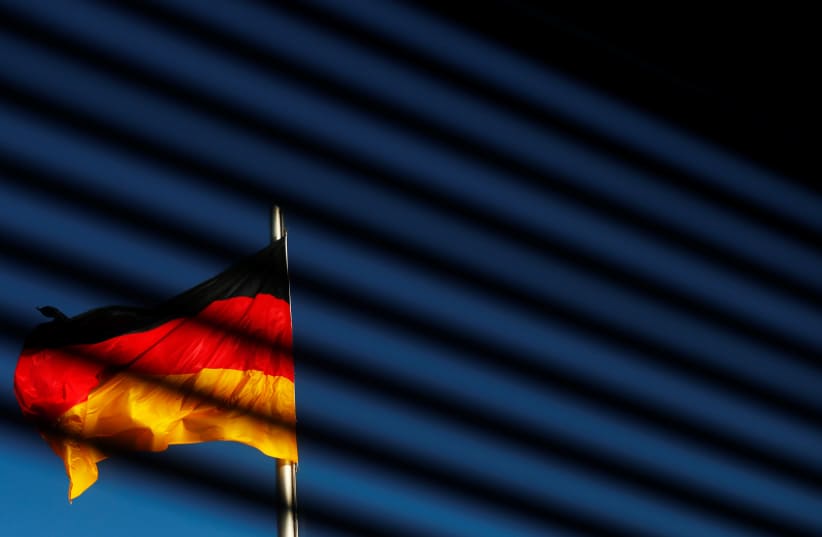German foreign minister in hot water over effort to bypass Iran sanctions
“Circumventing sanctions on an Iranian regime that is committed in word and deed to destroy Israel for financial gain for German companies makes a mockery of that [Berlin’s] commitment."
